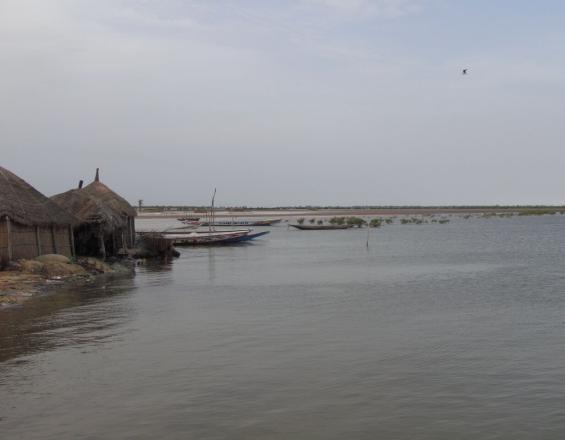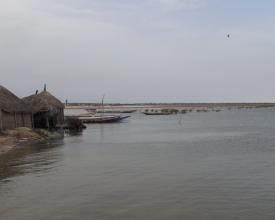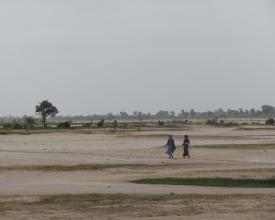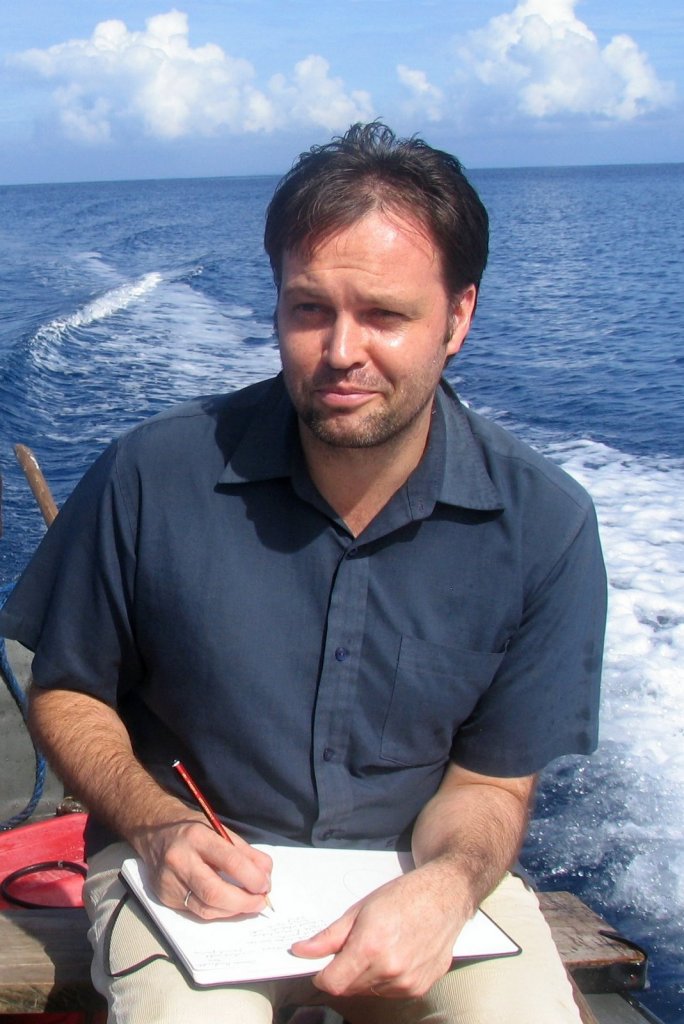
Addressing resource degradation to enhance climate change resilience

The Saloum Delta Biosphere Reserve in Senegal experiences a trend of plant resource degradation. The use of fuelwood, agricultural encroachment and land salinization are increasing people’s vulnerability to the adverse effects of climate change (drought and floods). The IUCN Ecosystems Protecting Infrastructure and Communities (EPIC) project, is using local knowledge to reforest areas, restore degraded lands and regulate natural resource use in the protected area.
Context
Challenges addressed
Location
Process
Summary of the process
Building Blocks
Design of participatory steps for village engagement
Enabling factors
Lesson learned
Capacity building of local stakeholders
Enabling factors
Lesson learned
Documenting strategies and success evaluation
Enabling factors
Lesson learned
Creation of awareness raising and policy influencing tools
Enabling factors
Lesson learned
Facilitation of livelihood and economic diversification
Enabling factors
Lesson learned
Impacts
EPIC is improving biological recovery in the Delta using local knowledge and practices. The “Assisted Natural Regeneration” technique has restored 130 ha of forest within the 6 villages in 2014 to improve soil quality. Moreover, up to 180 ha of land are being restored through a participatory process by construction of 59 anti-salt bunds with local materials. This will, on the one hand, eliminate the cause of salinity and, on the other, retain freshwater ultimately leading to improved soil fertility and increased yields up to about 40%. In 2014, around 100 stakeholders were trained on the “Assisted Natural Regeneration” and anti-salt bunds techniques as well as the establishment and maintenance of tree nurseries. Further impacts are expected in the future, as participatory approaches for restoring the PA enhance knowledge and adaptive capacities of rural communities. They also promote a diverse range of co-benefits, thus increasing the cost effectiveness of activities. In total, nearly 20,000 farmers, market gardeners, pastoralists and fishermen will be affected by the project activities, equal to almost 70% of the total population of the municipality of Djilor


